The Beach
The beach stretched as far as the eye could see, a pristine, blinding ribbon of white sand in both directions. It wasn't just wide; it felt impossibly long, a horizontal infinity. The fine, pale sand slowly washed out to sea with a hushed sound, pulled back by an ocean whose perfect, rhythmic lapping wave was never affected by the chaotic pull of distant tides. The water was close enough that James could hear its soothing, clockwork sound—a steady, hypnotic shhh-shhh-shhh—but never so close that it threatened his boundary. This perfect, stable perimeter meant James could stay in this one spot for days, weeks even, if he so wished. Whenever the physical demands and emotional friction of his real life became too much, this is where he escaped. It was his sanctuary, a safe space impervious to the outside world, a place no one else could visit. Time had no meaning here; the moment he stepped onto the sand, the frantic tick of the clock dissolved.
He would sit on the same piece of smooth, sun-bleached driftwood at the forest's edge, using the dark, silent wall of trees as a physical anchor. From this vantage point, he watched the sea's unhurried rhythm, unbroken by any signs of human or animal life. The setting sun—perpetually paused in the late afternoon—bathed the sky and the water in an eternal, peaceful glow of red and orange. It was a light that offered comfort, never changing, never fading.
James had endured quite a stressful few weeks—the effort of moving through the world, the tiring conversations, the constant, low-level anxiety—it had all exhausted his reserves. He had visited the beach more often recently, using the static perfection of the sunset to slowly, painfully digest everything heavy on his mind. He came here not just to rest his body, but to pause his soul.
The first sign was a subtle, internal shift: a sensation you get when someone else is near. James dismissed it at first—Why wouldn't he? For however long he had been coming to this beach, this private realm, no one else had ever ventured here. It was his guarantee. However, the feeling stayed with him, persistent, like a tiny, insistent vibration in the perfect stillness. It was unsettling.
He glanced quickly to his right, his breath catching sharply in his throat. Sure enough, there was a man of similar age to himself. The stranger was standing just a few metres from the end of the log, staring out to the unchanging sea. He was utterly still, disrupting the scene with his mere presence. Dumbfounded, James sat there, staring. A wave of profound, protective anger rose in his chest—this silence, this sanctuary, was his. Eventually, the stranger turned. A calm, slow smile materialized, directed entirely at James. The man raised one hand in a slight, courteous movement, then gestured toward the empty space on the log—seeking permission to sit. James, too stunned to speak, gave a stiff, barely perceptible nod. The Stranger sat down with an easy, fluid grace, then inclined his head again in silent thanks. James wasn't sure how long they shared the quiet. The only sound was the unchanging shhh-shhh-shhh of the tide. It was the man who finally broke the stillness. Without turning his head from the sea, he asked, his voice low and calm,
"Bad day?"
"You could say that," James replied, the words rough.
"But that could be said about almost every day."
"Hmm," the man murmured knowingly, a sound that held no judgement, just a profound, simple understanding. The atmosphere settled back into silence. James risked a glance at the man, watching his quiet focus on the horizon. This was probably how I look to others when I come here, James thought, the realisation softening his initial resentment.
"Who are you?" James asked, pushing the words out. A faint glint of a smile grew at the corners of the man's mouth.
"A friend," the man answered. "Or at least a friend of a friend, if you catch my drift." James had to admit he didn't, but he knew instinctively that this was likely the most information he'd get.
The man turned his head fully and glanced down at James's left hand, which, as always, was scrunched up into a spasticated ball in his lap. The muscle tension in other places and times could be excruciating, but here on the beach, the tightness didn't—it never did. The physical reality of his disability seemed to pause at the edge of his sanctuary.James braced himself. He was used to this moment. He categorized strangers based on their reaction to his hand. Most were socially awkward, their tentative glances—which they thought were discreet—making him feel more like a spectacle than someone who just asked a direct question. Curiosity kills the cat, but it also relieves the tension, he thought. He wondered which camp this man would fall into. Usually, he could tell right away, but this Stranger was an enigma. For the longest time, the man just sat there, without the curious, darting look others had. He simply looked at the hand, acknowledging its presence without judgement.
"Does it make you angry?" he finally asked, his voice low.
Well, that's a new one, James thought, genuinely surprised. No one had ever asked that. Most people asked, "What happened?" or "Can you still use it?"
"How do you mean?" James countered, needing to clarify the unique question.
"Being disabled, does it make you angry?"
James chuckled, a dry, self-deprecating sound. "Yes, in more ways than you might think. Does the unfairness that I, in the roulette game of life, was selected to be disabled, anger me? Yes, absolutely. I used to spend hours as a child sitting in my room praying that God would take my disability away," James confessed, the words spilling out easily in this place of truth.
"But it's more complicated. My disability was caused by a brain injury before birth, so it literally influences my emotions. I feel emotions differently and react differently because my brain is actually physically different. I might feel joy at events that would be ordinary to others. I guess my disability could have influenced my anger itself. If that makes sense."
"It does," the man stated, his eyes fixed on the distant, unchanging horizon. He accepted the answer not as an excuse, but as a piece of geometry—a structure of feeling.
When James comes to this beach, past events of his life often play out in the setting sun, illuminating the sky like some mystic movie. It wasn't preprogrammed; it just happened, seemingly based on instinct. Just then, a memory started playing before them: James playing the Tinman in The Wizard of Oz at a school play. He was stiff and slightly awkward, but grinning. James wondered if the man could see it too, but it soon became obvious he could when the Stranger chuckled softly as the boy playing the cowardly lion tripped over his costume's tail.
"You seemed to enjoy yourself," the man observed.
"I did," James contemplated, a wave of melancholy washing over him. "I even wanted to study acting at college. But those doors weren't open to me then, not like they are for others now."
"Is that something you regret?" the man asked.
"It's hard. It can be easy to think how much better life could have been if it had been different. If opportunities open to most hadn't been closed off to me. Sometimes it just feels like my life has been dictated to me, rather than having the freedom to show the world the true me."
"Is that how you feel then, forced not to be yourself?"
"In some ways, yes. I know there are paths I would have walked down if I had this," James said, swatting lightly at his infirm hand. "Paths even my closest friends don't even know about."
"And what of those friends?"
James looked at the man, confused by the abrupt shift. "What do you mean?"
"You talk about paths you might have pursued if you had not been disabled." The man's gaze was direct. "But my question is; were these friends on those paths?"
"Probably not," James admitted, the simple truth striking him for the first time.
All of a sudden, the screen in the sky was broadcasting something new, overriding the Tinman scene. It was a memory of James and one of his close friends, Brian, sat on a park bench. Brian was openly weeping, his shoulders shaking, and James was comforting him, his good hand resting steady on Brian's back.
"Do you remember this?" the man asked.
"I do. I was just being a good friend."
"I wouldn't say 'Just'," the man immediately refuted. "The word 'just' isn't worthy of this moment. He was at one of the lowest points in his life, one he may not have gotten through if it hadn't been for you."
"He met his wife a few months later," James contemplated, watching the memory of Brian fade. "She's having their first child soon."
"I know," the man said simply, confirming his knowledge was outside the realm of coincidence. "And Brian wouldn't have been there if it wasn't for your friendship."
"How do you know that?" James asked, his voice now ragged with awe and confusion.
"I just know," the man replied. "Brian is someone you only met because the paths you were guided down—because of your disability—led you to him. He's alive today because of your disability. His new child will only have life because of your disability." The man paused, letting the monumental weight of the statement settle.
"And you were only the person who was able to provide that comfort because of your disability."
"It's still a little unfair though," James complained, the anger returning, but quieter now, a low echo of his old resentment.
"Who said life had to be fair?"
"Nobody," James conceded. He sat there, lost in thought, the unchanging sunset reflecting in his wide eyes. The unfairness hadn't vanished, but the bitterness had been replaced by a profound, humbling understanding of his own crucial, irreplaceable place in the world—a place he could only occupy because he wasn't who he thought he wanted to be.
The next morning, James woke in his own bed. The grey light of a typical Monday filtered through his window. The familiar tightness was back in his right hand, curled close to his chest. It didn't pause for the weekend; it was just a Monday morning. The weight of his disability was immediately, physically present. He stood up, feeling the usual slight imbalance, the small struggle of coordinating his movements. But as he reached for the kettle, his hand paused. He saw the kitchen not just as a space to be navigated, but as a dense network of unseen connections—the exact geometry the Stranger had shown him. He was pouring his tea when his phone buzzed. It was a text from Brian: It's a girl! Debbie is here. Wouldn't have happened without you, mate. Seriously. James read the words, and a profound sense of quiet purpose settled over him. The initial, bitter anger over the unfairness of his life was still there, but it was now overlaid with the unshakeable certainty of his own crucial belonging. His disability was no longer just a burden; it was the exact map that had led him to this perfect, necessary moment. He smiled, a genuine, easy smile, and carefully placed the hot mug on the counter. His tight, infirm hand remained curled, but it didn't feel like a limitation anymore. It felt like an anchor—a testament to the unique, difficult path he had walked, the path that had saved his friend and brought a new life into the world. He had lost the sanctuary of the beach, but he had finally found his own irreplaceable place in time.
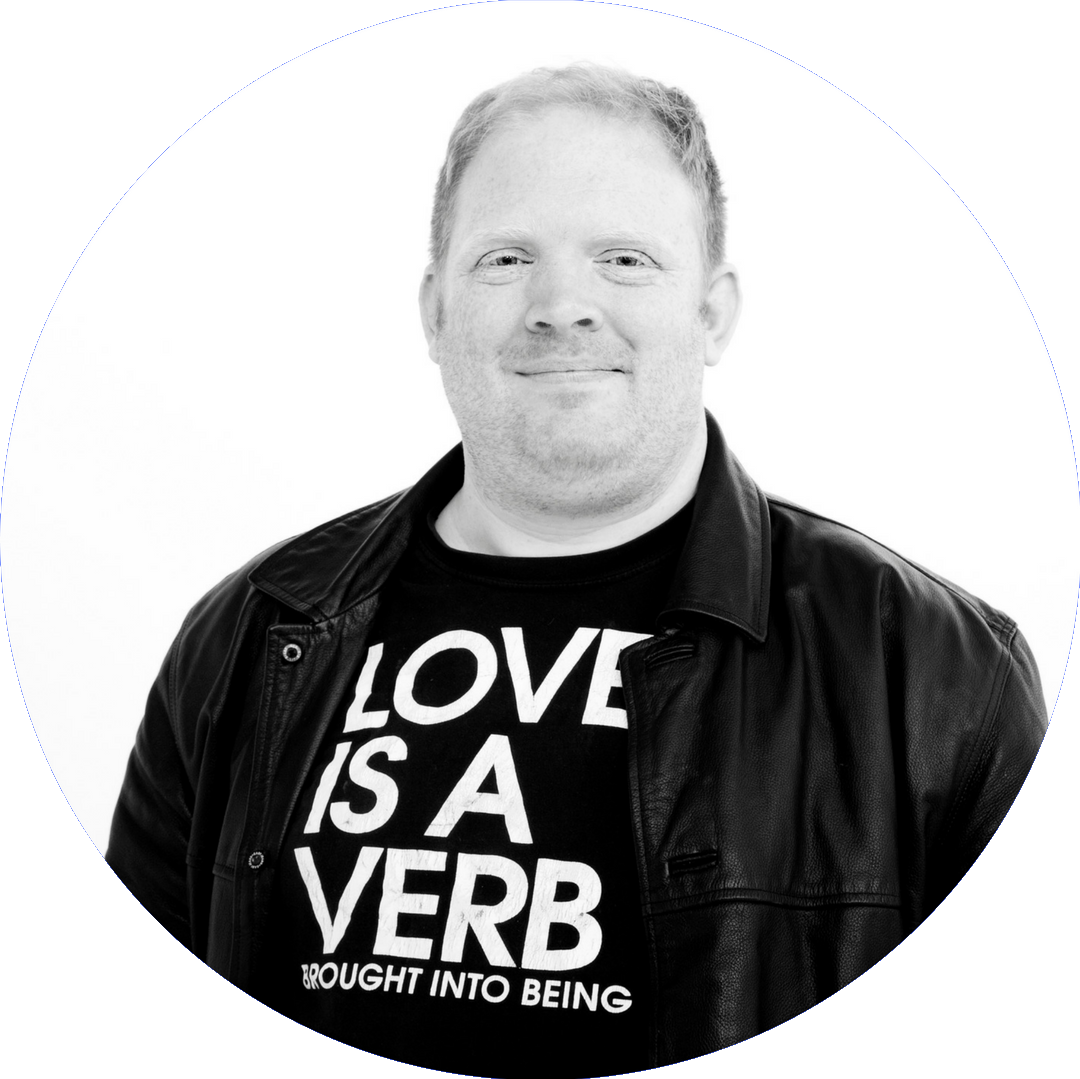
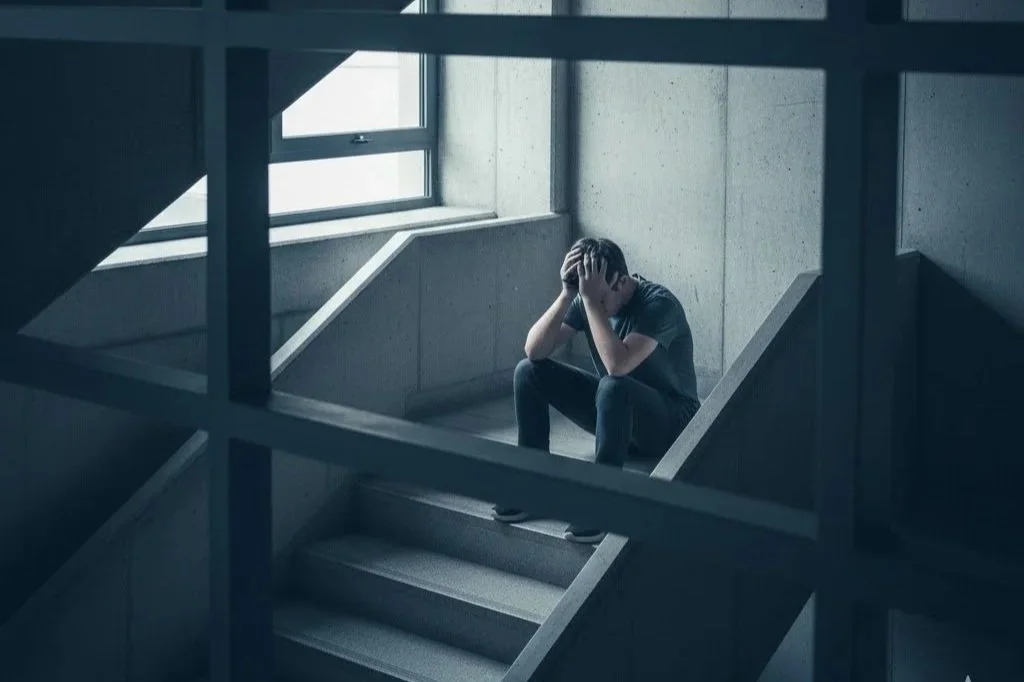
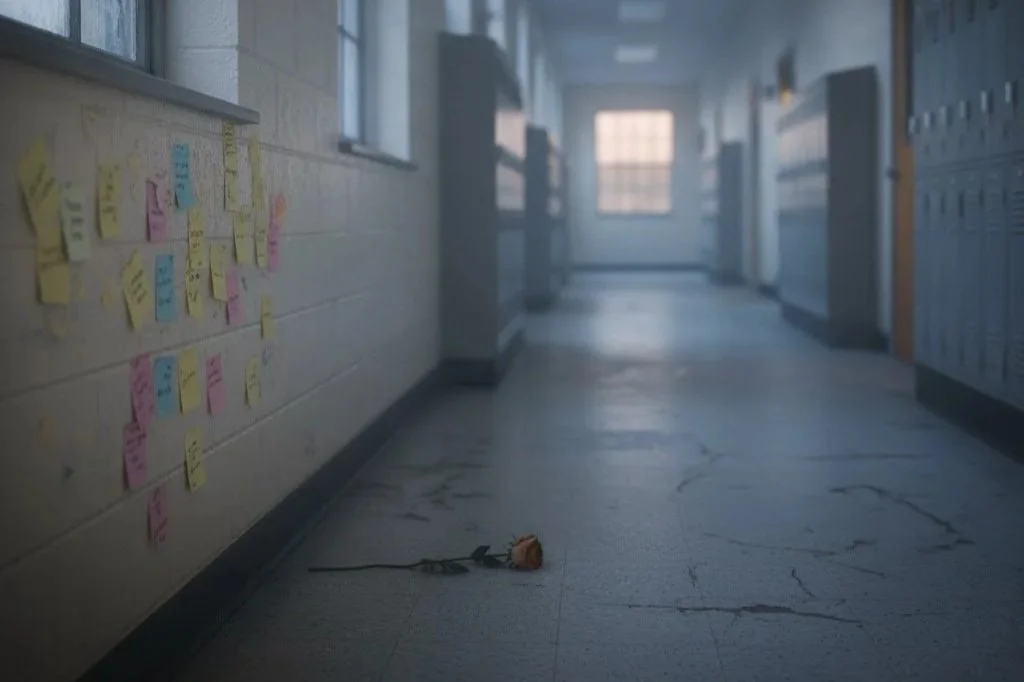

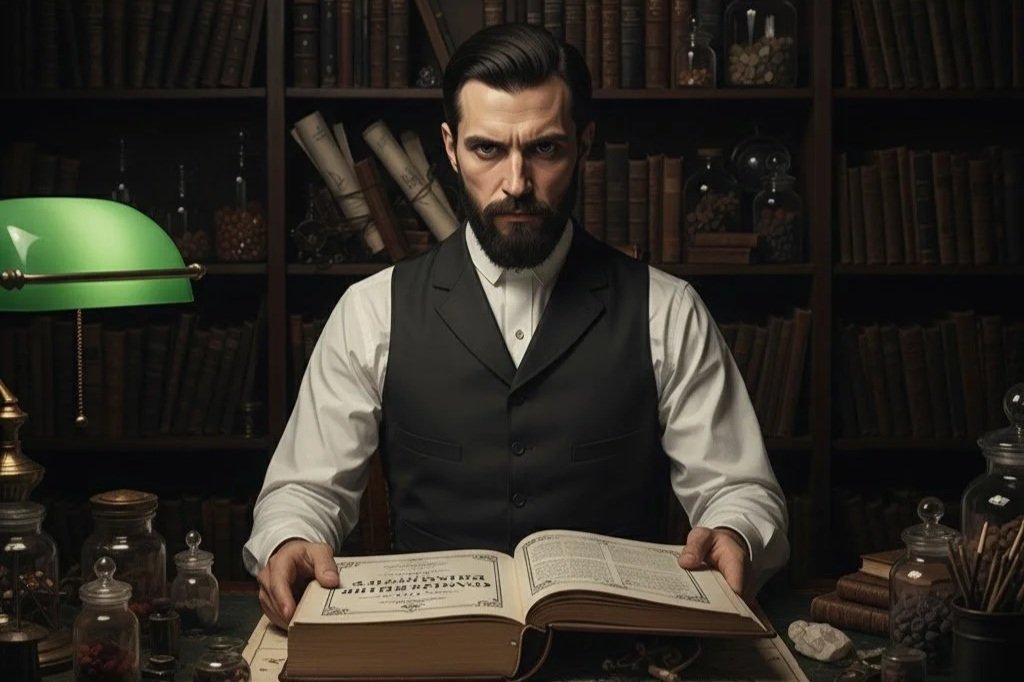

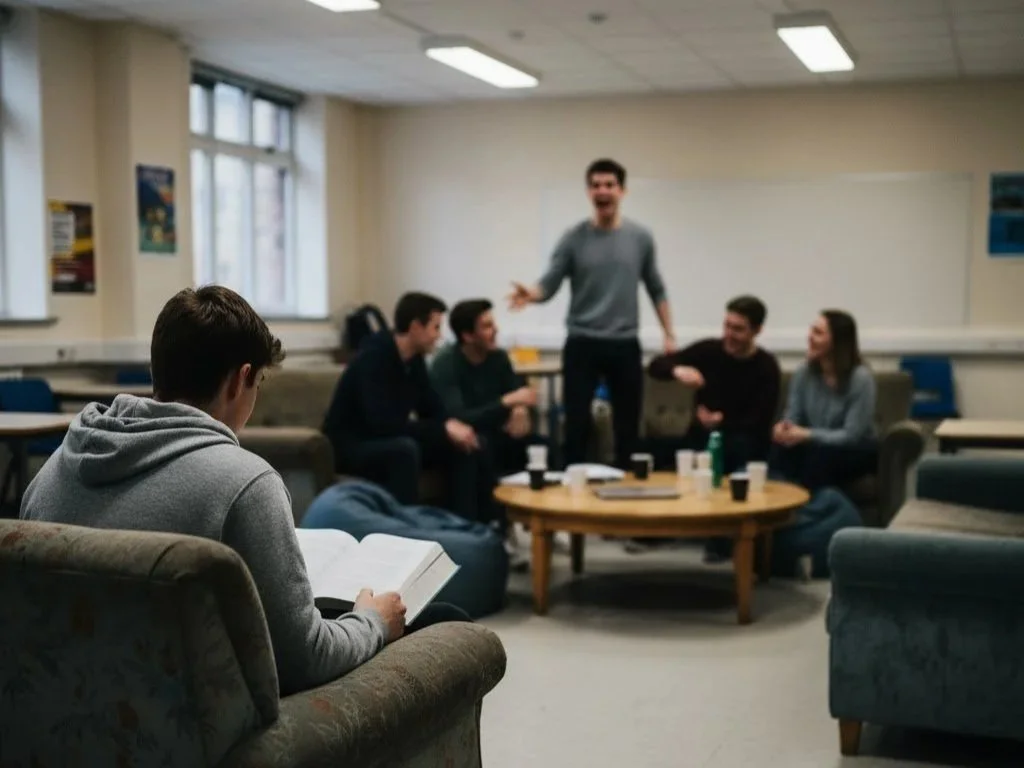


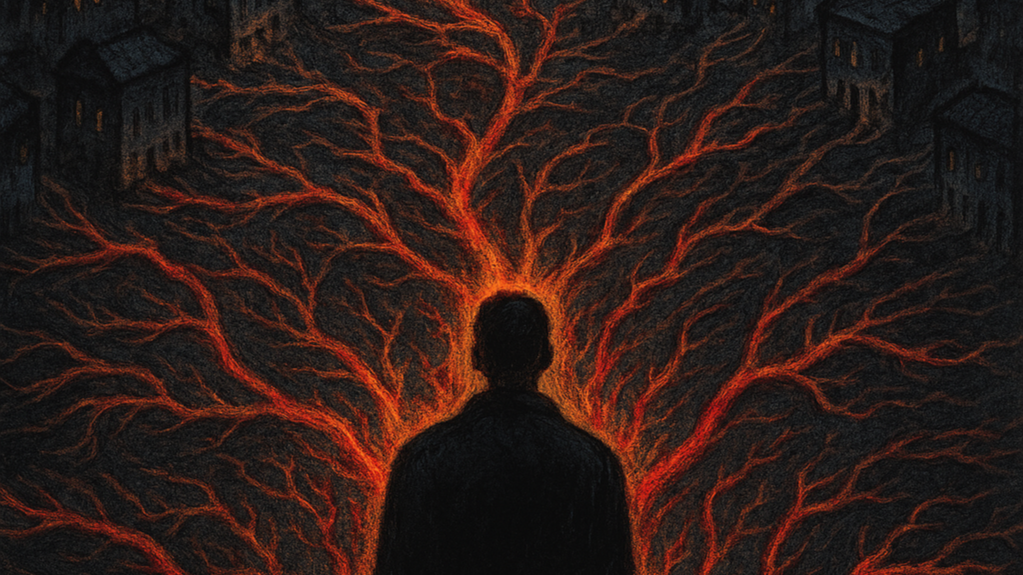





Some people move through the world making noise. Thirteen-year-old Leo has learnt to be still. But when an old illustrated book vanishes from the bookshelf, Leo discovers something extraordinary living in the walls of the Victorian house: the Snibbit, a small magical creature that collects beautiful things and understands that silence can be full of meaning. Through carefully preserved fragments from the past, the Snibbit teaches Leo how to navigate a world that isn't built for quiet people.